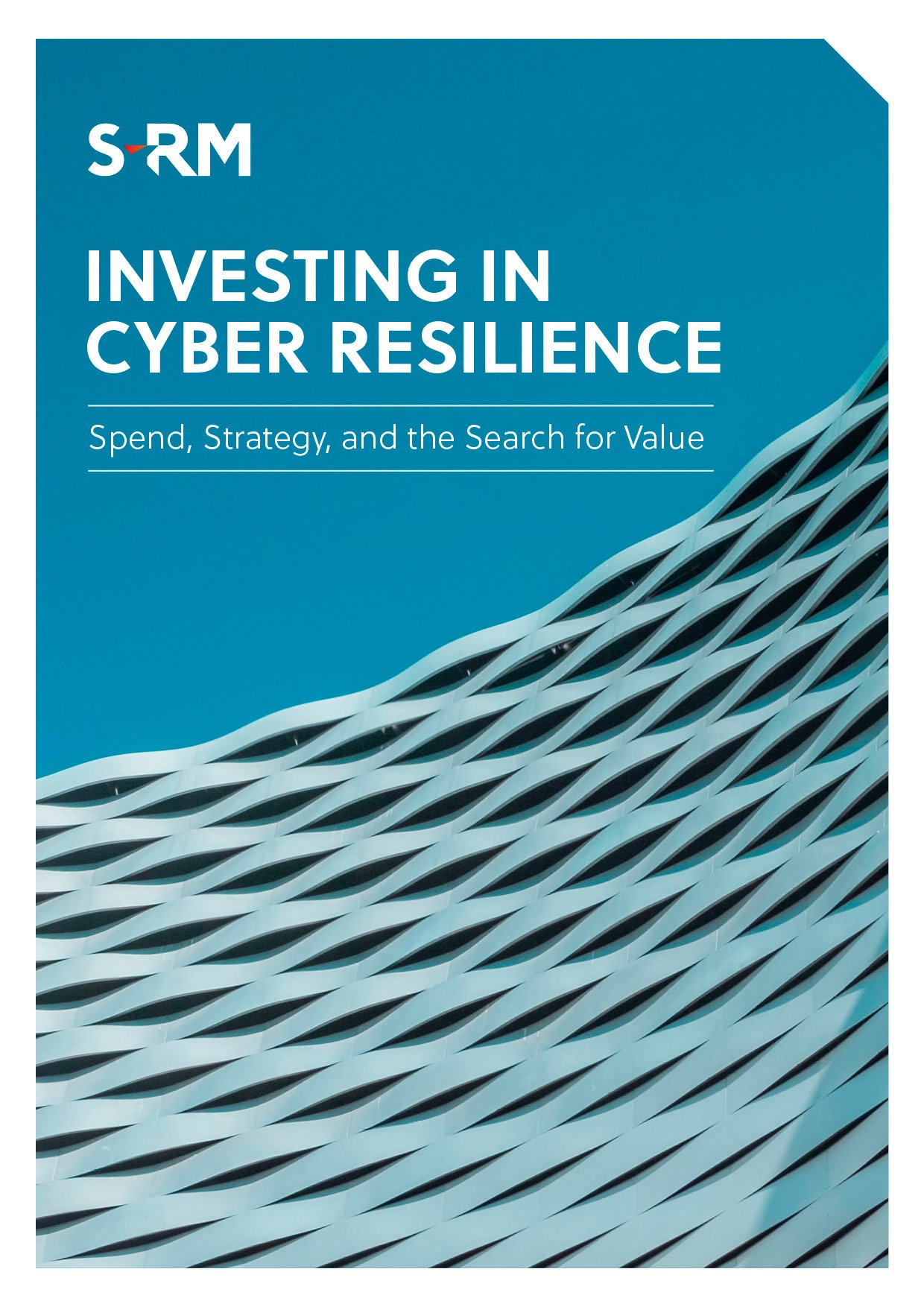A dramatic increase in network speed, significant reductions to both costs and energy consumption and the ability to attach a lot more devices to a single network at once.
These are just some of the benefits that cyber security analyst Lara Getz anticipates will accompany the proliferation of 5G technology.
“The expected result of this is that there's going to be a really significant increase in the number of internet of thing (IoT) devices being integrated into the network by both companies and household consumers”, she says.
But what does this mean from a cyber security perspective?
According to S-RM’s Senior Managing Director for Cyber Security in the US, Billy Gouveia,“IoT device security itself often suffers from the trade-off that manufacturers face between getting a new device to market quickly - and for a limited budget - and ensuring that the necessary security considerations and controls have been made.”
He notes that while consumers are used to updating their phones and laptops, we have not adopted the same mindset to, for example, our thermostats.
The speed at which we begin to introduce more and more IoT devices into our places of work, and our homes, will likely outpace our ability to patch and secure these devices ourselves in a straightforward manner.
“All this comes down to keeping a broad sight on different types of cyber security risks,” says Billy.
“As we think about 5G and the innovation that it will spur, and the proliferation of devices that it will likely lead to, it's important for us to be innovative in our cyber security thinking as well, and recognise that there are a number of fundamental changes to the attack surface that we need to consider.”
LISTEN TO S-RM’S CYBER EXPERTS DISCUSS THE SECURITY IMPLICATIONS OF 5G TECHNOLOGY:




 Email Billy
Email Billy






 @SRMInform
@SRMInform
 S-RM
S-RM
 hello@s-rminform.com
hello@s-rminform.com

